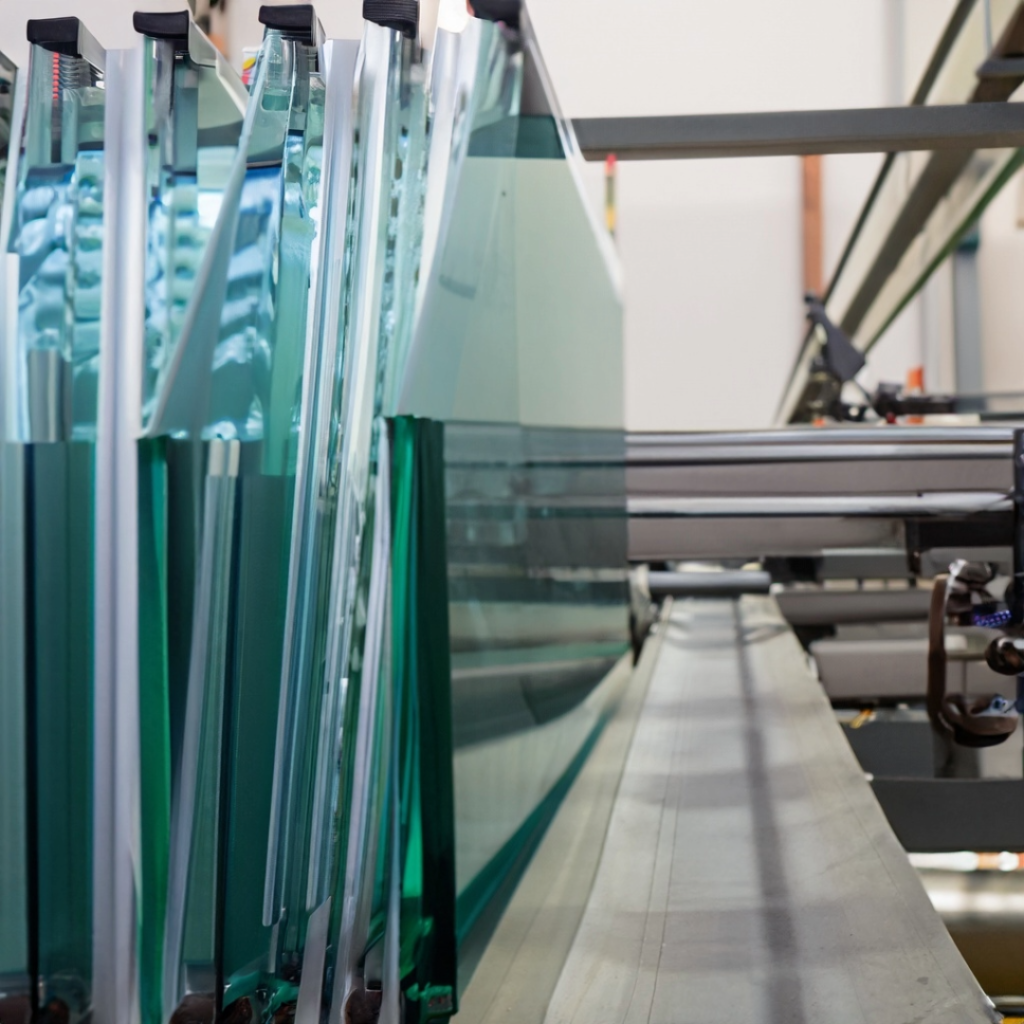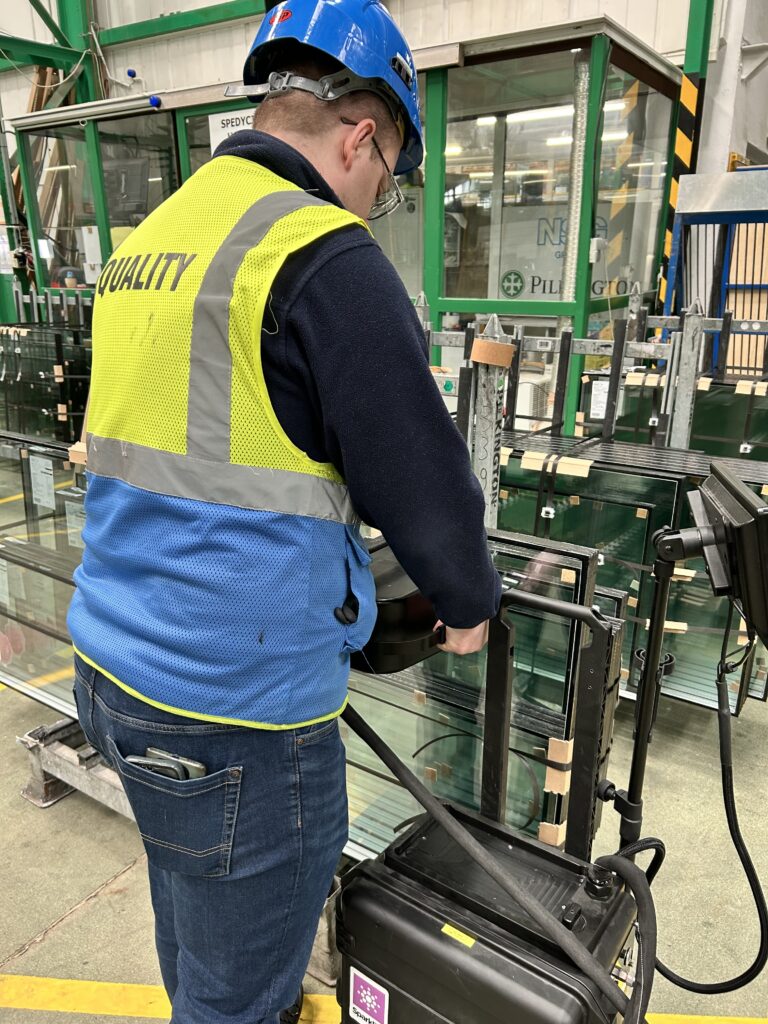Gas-fill and its impact on Insulating Glass Units (IGUs) primarily revolves around the use of inert gases, such as argon or krypton, to enhance the thermal performance of windows. The concept is to fill the space between the glass panes in a double or triple glazing system with these gases, which are poor conductors of heat compared to air. This reduces heat transfer through the window, improving insulation and energy efficiency. In this article we cover three benefits of inert gases in IGUs.
The primary benefits of using gas filled IGUs include:
- Improved Thermal Performance: Inert gases have lower thermal conductivity than air, reducing heat transfer through the window and improving insulation. This can contribute to energy savings by reducing heating and cooling loads.
- Enhanced Sound Insulation: Gas-filled IGUs can also provide better sound insulation compared to traditional air-filled units, contributing to a more comfortable indoor environment.
- Condensation Reduction: The use of inert gases can help minimize the risk of condensation on the inner surfaces of the glass, which is especially important in colder climates.
It’s essential to note that the effectiveness of gas filled IGUs can depend on factors such as the type of gas used, the spacing between the glass panes, coating, and the overall window design. Additionally, advancements in window technology and materials science may lead to ongoing research and improvements in this area.






